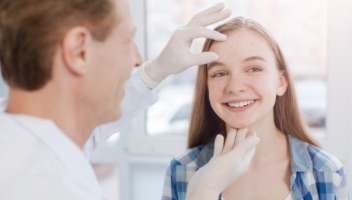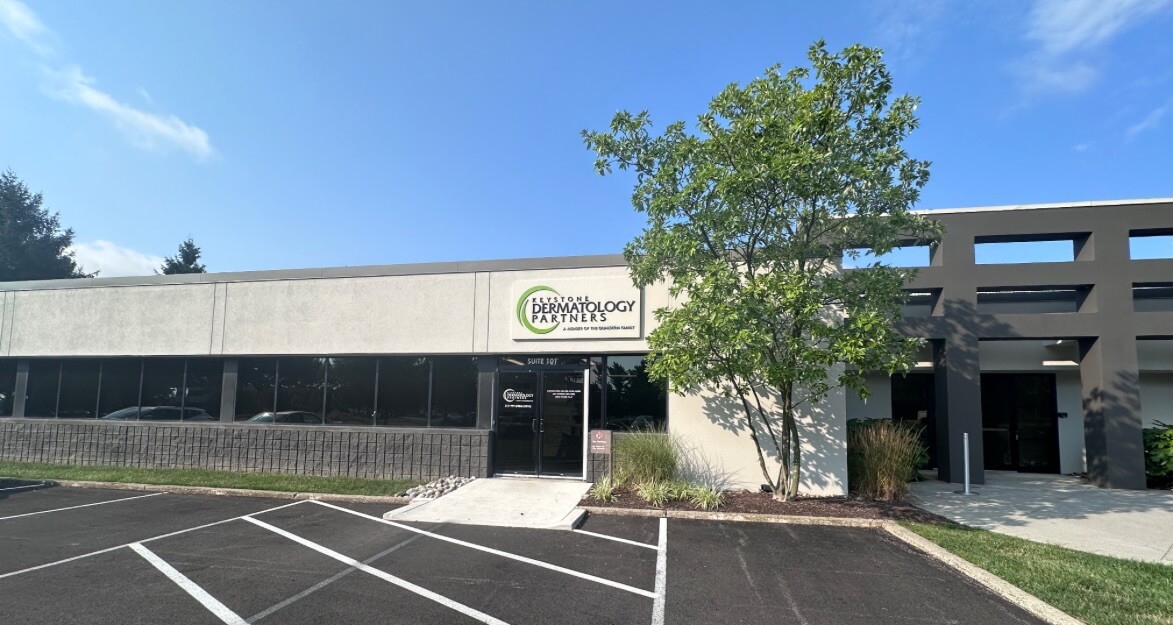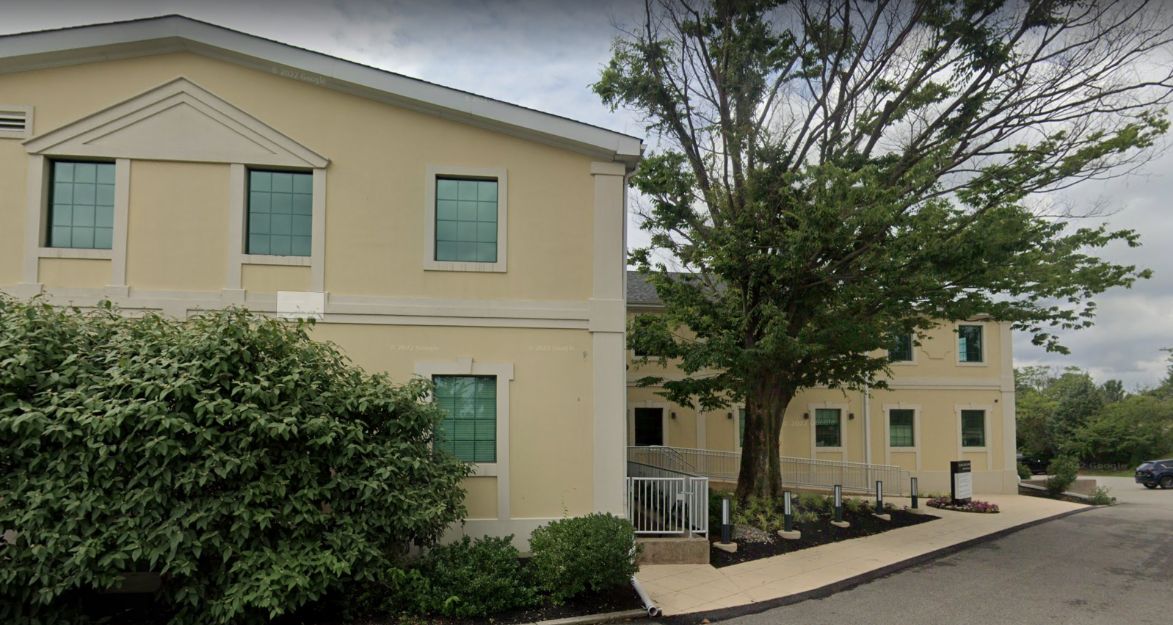Effective Acne Treatments
From Over-the-Counter Solutions to Professional Procedures
 Acne is a skin condition that occurs when hair follicles in the skin become clogged with debris, dead skin cells, and oil, resulting in the development of pimples, cysts, whiteheads, and blackheads. While acne is a common skin condition that primarily occurs during puberty and adolescence, it can also be triggered by hormonal imbalances and cycles, medication side effects, and even underlying autoimmune conditions. Understanding effective acne treatments, from over-the-counter solutions to professional procedures, can help you gain a better understanding of your options when seeking relief.
Acne is a skin condition that occurs when hair follicles in the skin become clogged with debris, dead skin cells, and oil, resulting in the development of pimples, cysts, whiteheads, and blackheads. While acne is a common skin condition that primarily occurs during puberty and adolescence, it can also be triggered by hormonal imbalances and cycles, medication side effects, and even underlying autoimmune conditions. Understanding effective acne treatments, from over-the-counter solutions to professional procedures, can help you gain a better understanding of your options when seeking relief.
Over-the-Counter (OTC) Acne Remedies and Treatments
Over-the-counter treatments for acne are often considered the first option to go with for those with less severe acne. Some OTC solutions for acne include:
Topicals
Oral Supplements
From Our QualDerm Family of Brands: Acne Treatment Options
Procedures for Acne
When dealing with invasive or chronic acne, various procedures may be suggested by your dermatologist. Some of the most common procedures to consider for those with chronic or severe acne include:
Light and Laser Therapy:
Both blue light therapy and traditional laser therapy may be an option to reduce oil produced while eliminating acne-causing bacteria on and beneath the skin. Laser therapy can reduce scarring and improve the aesthetic of the skin by eliminating blemishes and dark spots. Blue light therapy can also help by killing acne-causing bacteria beneath the skin without an invasive solution.
Chemical Peel:
A chemical peel can use a variety of agents, such as salicylic acid, trichloroacetic acid (TCA), and glycolic acid.
Microdermabrasion:
Microdermabrasion can help exfoliate outer layers of the skin to remove dead skin cells that may be contributing to the development of clogged pores, blackheads, whiteheads, and other types of acne.
Cortisone Injections:
In some cases, cortisone injections may be suggested to alleviate pain from large cysts or to reduce inflammation and potential infections beneath the skin.
Prescription Medications:
While many OTC treatments for acne do not require a prescription, prescription treatments, including antibiotics and retinoids, may promote cell turnover while reducing and preventing clogged pores. Hormonal treatments and even ISOtretinoin (an oral retinoid) can help significantly reduce oil production while offering long-term remission opportunities for those who have serious or chronic acne conditions.
We Can Help with Your Acne
At Keystone Dermatology Partners, we specialize in treating acne with a wide range of topicals, medications, and procedures that are individualized to meet our clients' personal needs. We're ready to help you find the relief you need from acne. To learn more about acne and various treatment options that may be right for you, request an appointment today.
Related Blogs

- General Dermatology
- Skin Care
Read this blog to explore the connection between chocolate consumption and acne.
Read More
- General Dermatology
- Skin Care
- Chronic Skin Conditions
Understanding the different types of acne and their treatments can help you manage and improve your skin health effectively.
Read More
- General Dermatology
- Skin Care
- Chronic Skin Conditions
Acne is more than just a cosmetic concern - it can leave behind lasting marks that affect your skin health.
Read More


